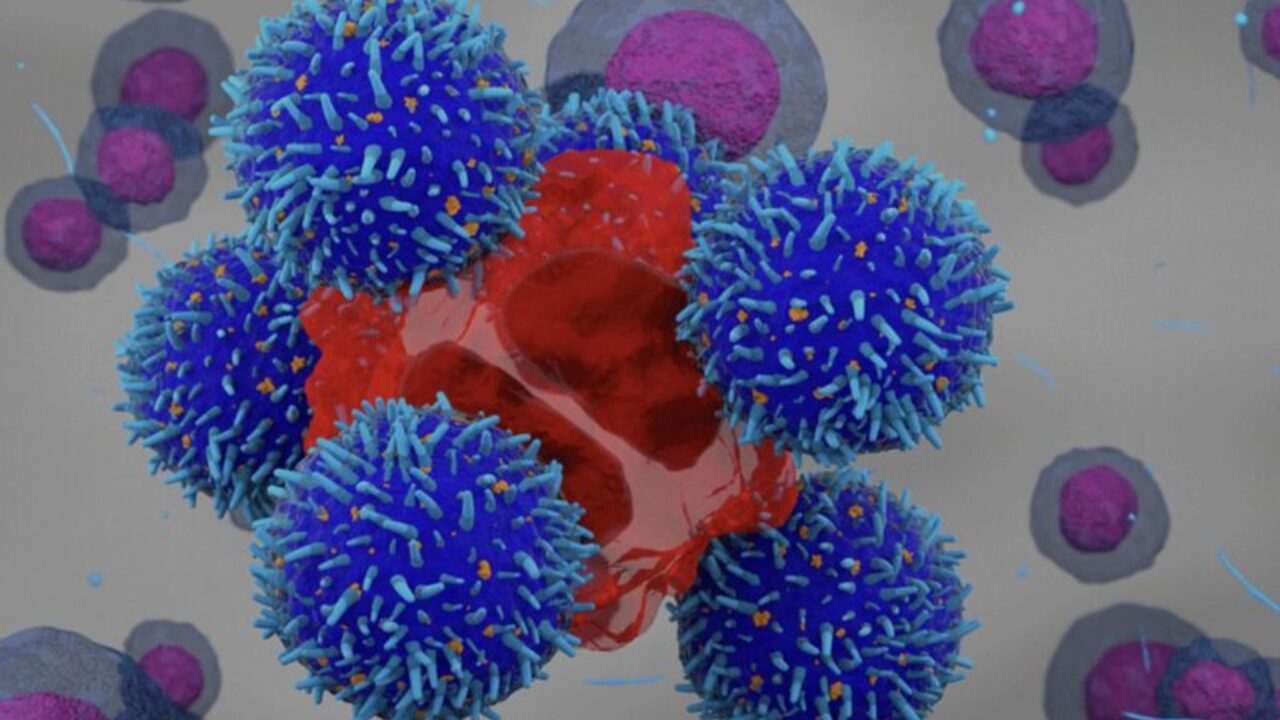Richard Sullivan, Director, Institute for Cancer Policy and Co-Director Centre for Conflict and Health Research at King’s College London, posted on LinkedIn:
“If we thought delivering current systematic anti-cancer therapy (SACT) was complicated, just wait until health systems have to find a way to deliver advanced cell therapies (CAR-T, TILs, and TCR-T) not just in haemato-onoclogy settings but for solid cancers as well. These treatments are complex, expensive, and uniquely personalised. How many ACTs make it to market remains to be seen (the prediction is 16 in the next two years alone), but in 2022, there were 178 active clinical trials. Unlike conventional SACT, even immuno-oncology, ACTs have the double impact of not just price but also the total cost of delivery.
These therapies require not just extensive inpatient services but access to high dependency/critical care units, as well as significant high-level human resource expertise. Travel time to such centres is also a critical factor for good outcomes. Policy-makers are seriously behind the curve. Right now, few if any countries in Europe are prepared. Beyond economic feasibility, over the last year, we developed a tool to help health system planning from an organisational and structural perspective to understand the trade-offs that will need to be made by each country’s health system. Read further.
In seeking to deliver whatever ACTs come to market, hard choices will need to be made around both the feasibility and economics of delivery. The reality is that this may be a bridge too far for many countries as the technology now stands, which speaks to the need for a shift in ACT design that doesn’t cost the earth to buy or deliver. And here, one needs only to look further afield, to rapidly innovating countries like India and China to see the possibility of far cheaper therapies that may, eventually, require even less dramatic and costly infrastructure to deliver.”
More posts featuring Richard Sullivan.


